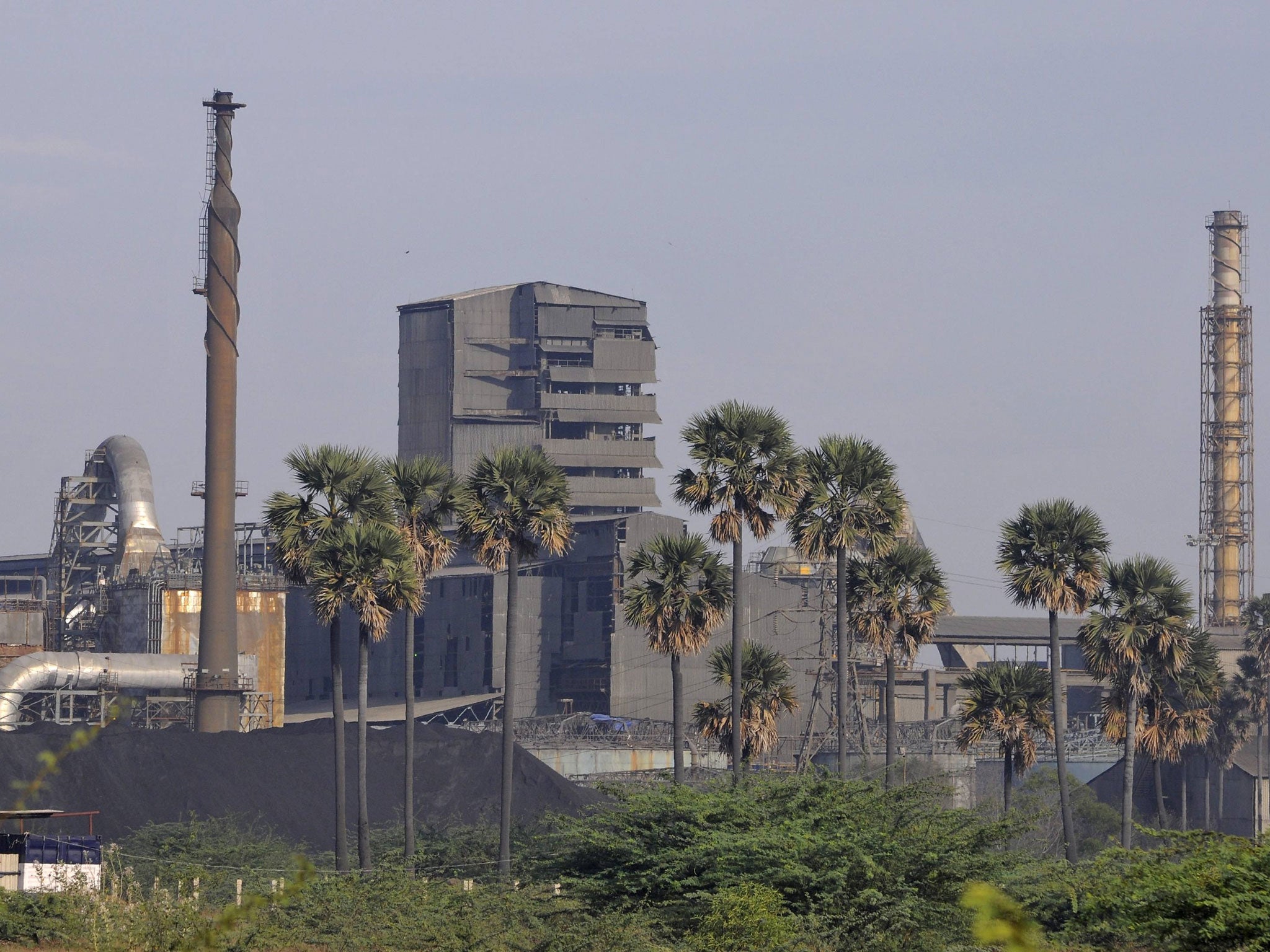Indian supreme court rules to protect sacred hills against UK mine operation Vedanta Resources
Tribal councils will have final say on bauxite dig

India's highest court has dealt a damaging blow to a British-based mining company’s £1.1bn plan to dig for bauxite on land deemed sacred by local people, saying local tribal councils would have the final say on whether the project should go ahead.
In what campaigners said was a major victory for the rights of tribal people, the supreme court rejected a request from Vedanta Resources to end a ban on the proposed mining. Instead, it asked two local councils to respond within three months on whether or not they want the mining to proceed.
“If the project, affects their religious rights, especially their right to worship their deity, known as Niyam Raja, in the hills top of the Niyamgiri range of hills, that right has to be preserved and protected,” ruled the court.
The site in the Niyamgiri hills in India’s eastern state of Orissa is home to around 10,000 members of the Dongra Kondh tribe who survive as subsistence hunters and farmers. They consider the hills to be a living god and have always resisted attempts to mine the land. They say the mine would destroy their way of life.
There was no immediate word form tribal members, but in a statement the lawyer who has represented them, Sanjay Parikh, said the decision supported the tribe against the interests of multi-nationals. “The historic judgement delivered by the court recognises the community, cultural and religious rights of tribals,” he said.
The project is a joint venture between UK-based Vedanta Resources, headed by Anil Agarwal, and a mining company established by the state government, which says the plan would help provide jobs in a desperately poor part of India.
It was proposed that the mine would supply 150m tonnes of bauxite for an aluminium refinery that was established nearby. Instead, the refinery was obliged to use ore trucked in from elsewhere in India and it was shut down in December because of a shortage.
The controversy over the proposed mine dates back to 2004 and has involved India's highest court as well as a series of special committees. The mining industry is very powerful in India but the the proposal to mine in Niyamgiri was confronted by an international campaign.
Rahul Gandhi, widely seen a likely future prime minister of India, visited the site more than once and said he supported the tribal community. India’s ministry of environment and forests, which in 2007 had initially given the go-ahead to proposals, also opposed the mining.
In London, Vedanta’s offices saw demonstrations involving members of the Foil Vedanta activist group and other campaigners. Samarendra Das of Foil Vedanta, said: “For ten years Vedanta has harassed local people and committed major abuses and illegalities in its attempt to push this flagship project through. For ten years farmers [and tribal people] living around Niyamgiri have fought to save their traditional communities and their sacred mountain.”
There was no immediate comment from Vedanta about the court’s decision and the company did not respond to emails and phone calls. During a series of hearings ahead of today’s decision, the Orissa state authorities and Sterlite Industries, a subsidiary of Vedanta, had argued the mine would case no environmental damage.
Kanchi Kohli, an India-based environmentalist with the organisation Kalpavriksh, said she considered the court’s decision very significant. She said: “It’s truly democratic. It’s very welcome.”
Join our commenting forum
Join thought-provoking conversations, follow other Independent readers and see their replies
Comments
Bookmark popover
Removed from bookmarks